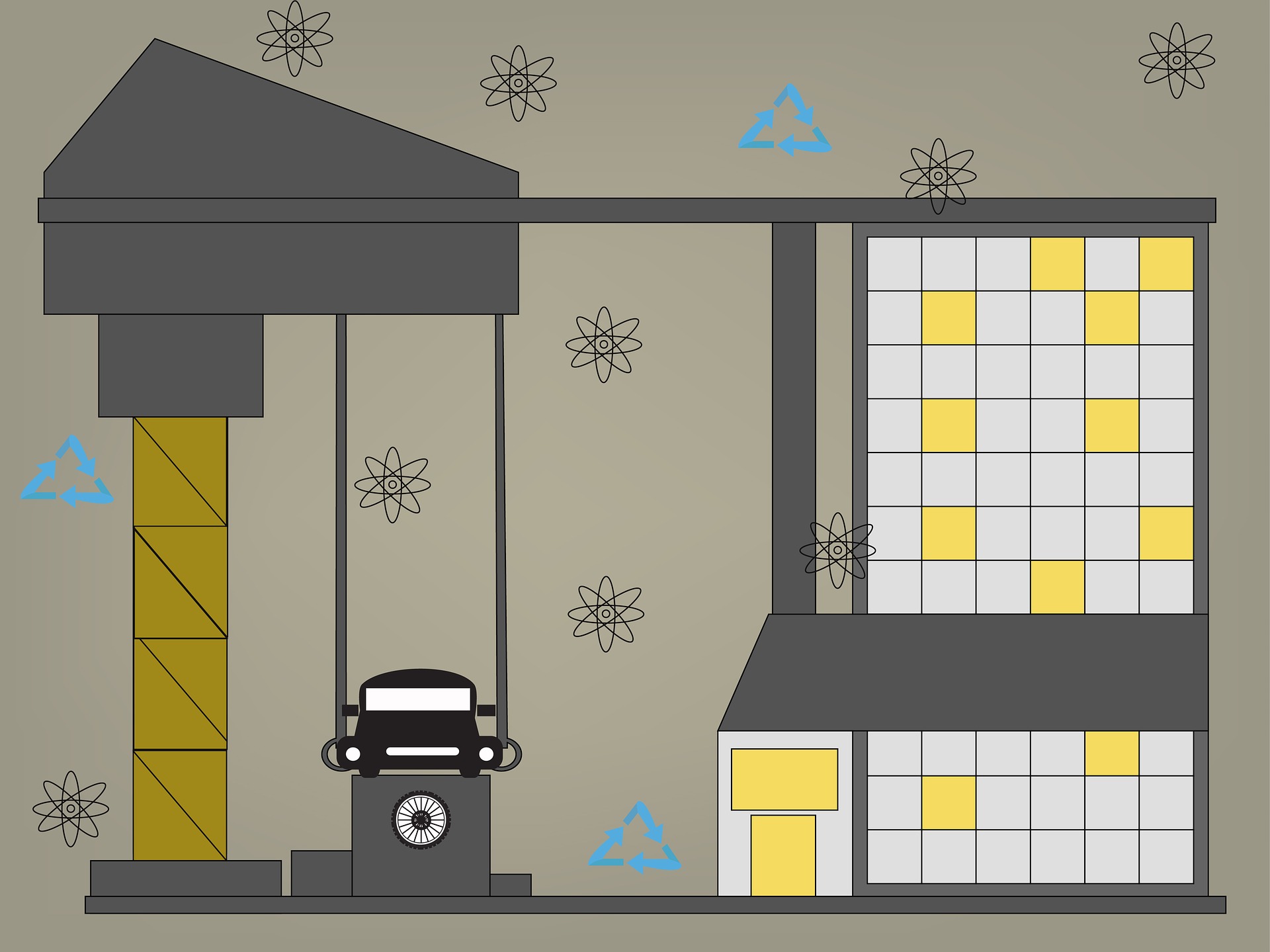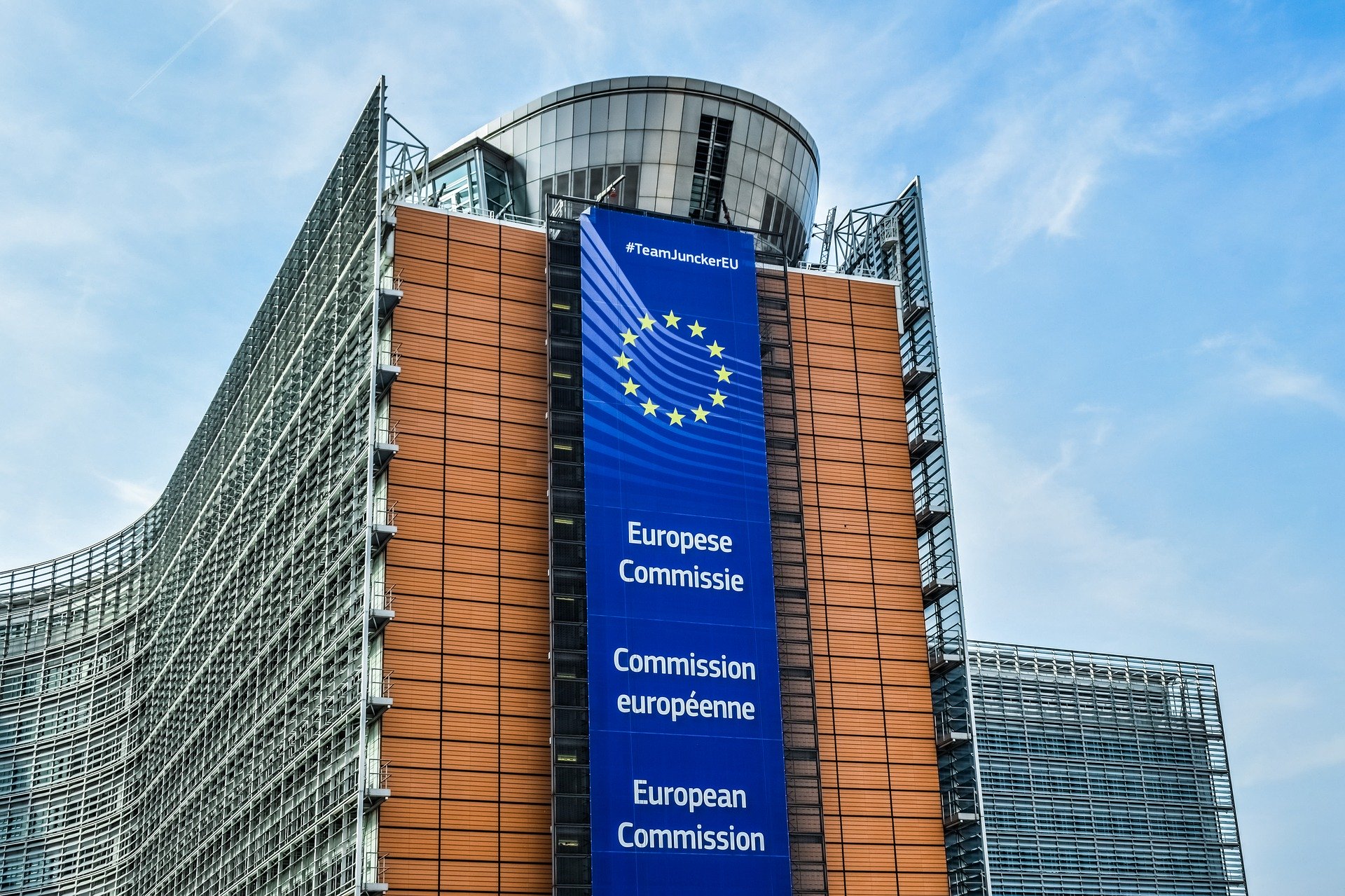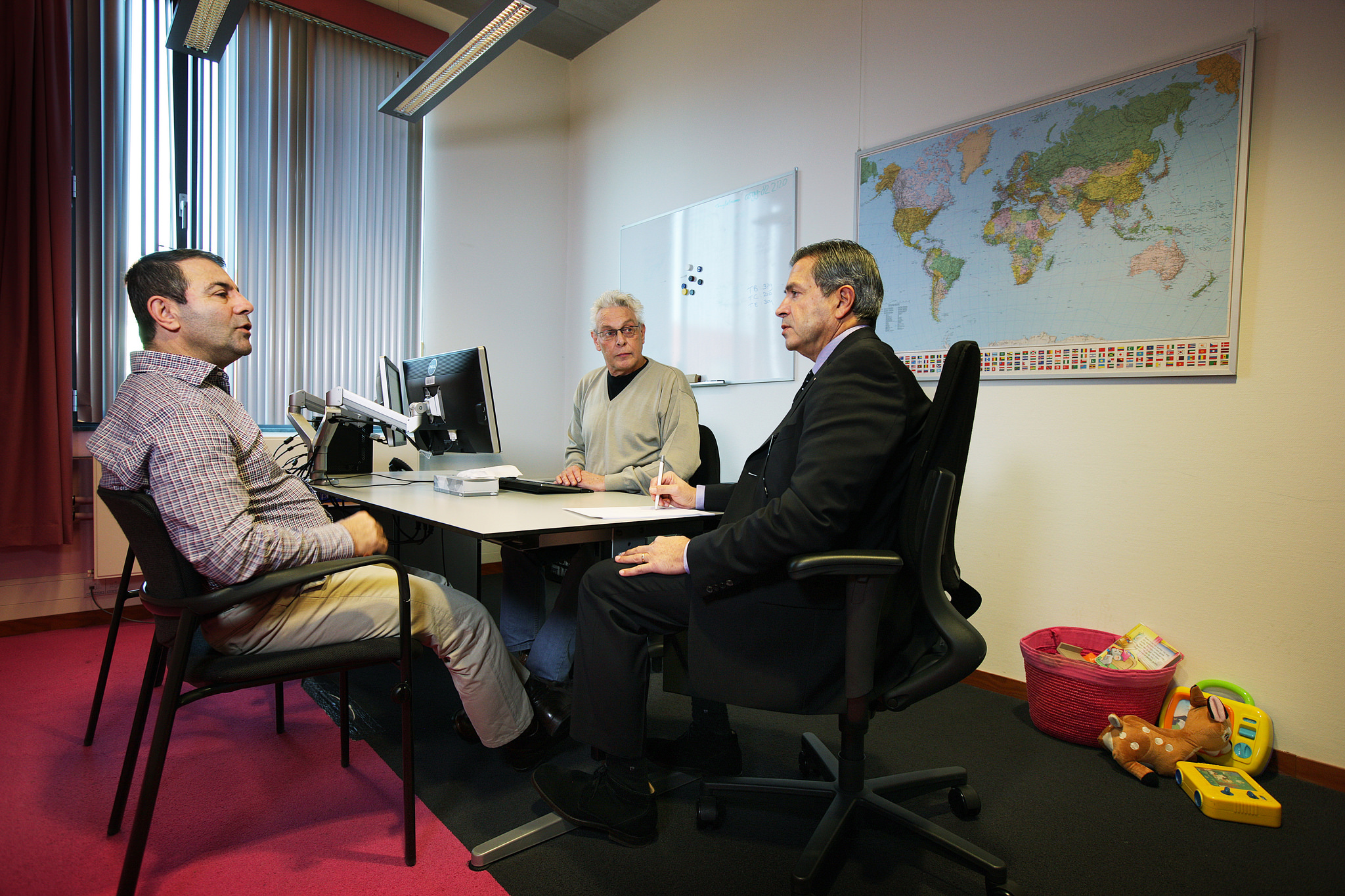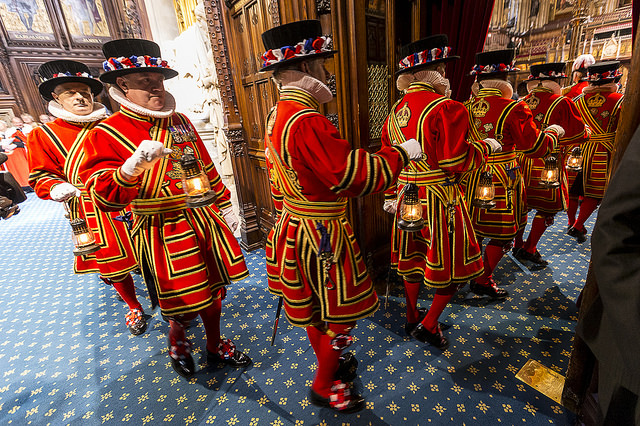Latest blog articles
-
For more than 40 years now, the harmonisation and unification of the European patent law have been discussed. So far, the only European legal instrument regulating substantive patent matters is a European Patent Convention (EPC) signed in 1973. The EPC, however, is outside the EU’s legislative and...
-
On March 4 2020, the European Commission presented its proposal for a European Climate Law in which a framework for achieving the objective of climate neutrality by 2050 would be legally established. At a political level, this goal has already been endorsed by the European Parliament in its...
-
SMECC stands for School, Minimum standard, Education, Child-friendly policy and care-Continuum. Imagine SMECC as a flat drawing of a house. The regulatory backstop is the minimum standard in family litigation for competent parenthood – far on the horizon, however, a necessary fundament of human...
-
Asylum seekers usually do not cross borders with a bag of documents. They have lost their personal belongings or have been confiscated by smugglers. Oral statements are therefore the only proof of origin. (Dutch only)
-
The world faces the growing problem of global warming. This phenomenon leads to unprecedented social effects in human history. Consequently, it is imperative to mitigate this problem. International Organizations and countries are working together in order to better deal with this issue.
-
How the Supreme Court restored Parliament to its rightful place. That’s precisely what happened on Tuesday: The Supreme Court decided, by a 8-3 majority, to mandate that the triggering of Article 50 TEU can only take place after prior approval from both houses of Parliament.





